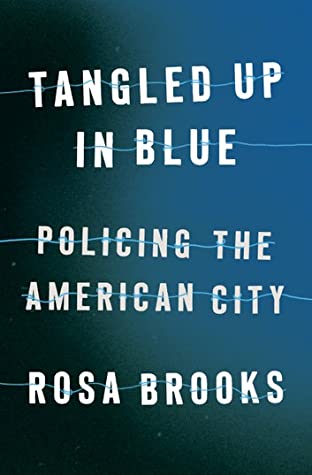What do you think?
Rate this book


413 pages, Kindle Edition
First published February 9, 2021
The only thing that consoled me was my growing awareness that being a good cop is hard. In fact, it was nearly impossible. There was just too much to keep track of. Many officers were better at it than I was, but no one consistently did it well, because no one could always do it well. (p. 305)Perhaps the best book I’ve read this year. Both fun to read and thoughtful.